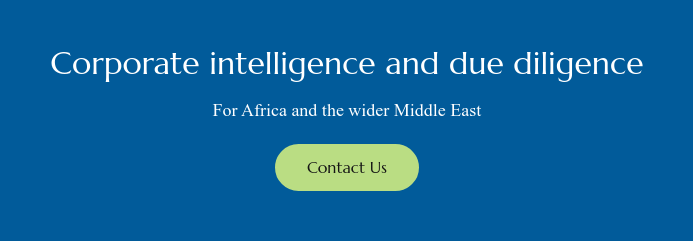Land grab: the winners (and losers) of coastal land reclamation in the Middle East
Read moreThe UAE’s new Trust Law – keeping family wealth at home
Last month the UAE’s Ministry of Finance announced a new law that allows capital and assets to be transferred into onshore trusts. According to the ministry’s spokesman the new legislation is designed to support the wealth management sector, and family offices in particular would be a clear beneficiary of the new regulations.
The concept of trusts is of course nothing new (some trace the idea as far back as the 12th century) but are often associated with offshore jurisdictions such as the Channel Islands, Liechtenstein or the Cayman Islands. For wealthy Gulf families, setting up a trust in such jurisdictions offer an appealing combination of managing assets discreetly and out of reach of any potential litigation or legal challenge. However, trusts also serve several practical purposes in helping to manage a family business’ succession planning and transfer of wealth to the next generation, to introduce more structure and advice to wealth management, as well as to enable wealth to support charitable causes. As we have written before1, many family offices in the Gulf built on wealth created in the 1980s and 90s are now at the time when succession planning is a real and current concern.
Wider significance
The UAE’s new Trust Law could just be seen as part of a broader move to modernise and increase the appeal of the country’s regulatory environment. Coming on the heels of a relaxation of foreign investment limits to 100% in some sectors, as well as long-awaited reforms to the life assurance sector, this was a way for the UAE’s onshore regulations to keep pace with a competitive marketplace. Indeed, equivalent trust laws have existed for some time in the financial freezones of the DIFC and ADGM.
In the wider context of Gulf politics and economic development however, this is a significant move and indicative of two discernible trends. Firstly, as hydrocarbon-producing economies such as Saudi Arabia and the UAE adjust to a lower oil price environment, there is an increasing realisation by governments that family wealth can be harnessed as a way of supporting the local economies – by reinvesting in local businesses, real estate or investment vehicles rather than see capital and assets being transferred offshore. In Saudi Arabia that notion has been taken several steps further with a number of high-profile families and their wealth being targeted under the pretext of an anti-corruption drive.
The second trend is a noticeable change of attitude towards philanthropy and charitable giving in the region. While Middle Eastern governments have traditionally imposed strict controls on the activities of charities, mainly due to sensitivities around political activism, the Gulf has seen an emergence of high-profile philanthropic activity in line with the rest of the world. In 2015 Prince AlWaleed bin Talal was the first Arab to join Warren Buffett and Bill Gates by pledging his entire fortune to charity, via AlWaleed Philanthropies. In the same way a number of well-known families have launched branded foundations that are designed to support development programmes in the region such as youth employment and healthcare, but also to complement and reinforce their business profile. A good example of this is Community Jameel, the charitable foundation of the Abdul Latif Jameel family.
Evolution, not revolution
Whilst these are all incremental changes, the combination of new legislation, a greater focus on good wealth management practices, and a growing appetite for philanthropy may mean a more prominent role for family wealth in the region’s public sphere in the future.
Diligencia provides research on family wealth across the Middle East & Africa. Our Family Offices dataset available on www.ClarifiedBy.com is a meticulously verified and growing collection of identified high net-worth families across 11 countries.
READ ALSO

